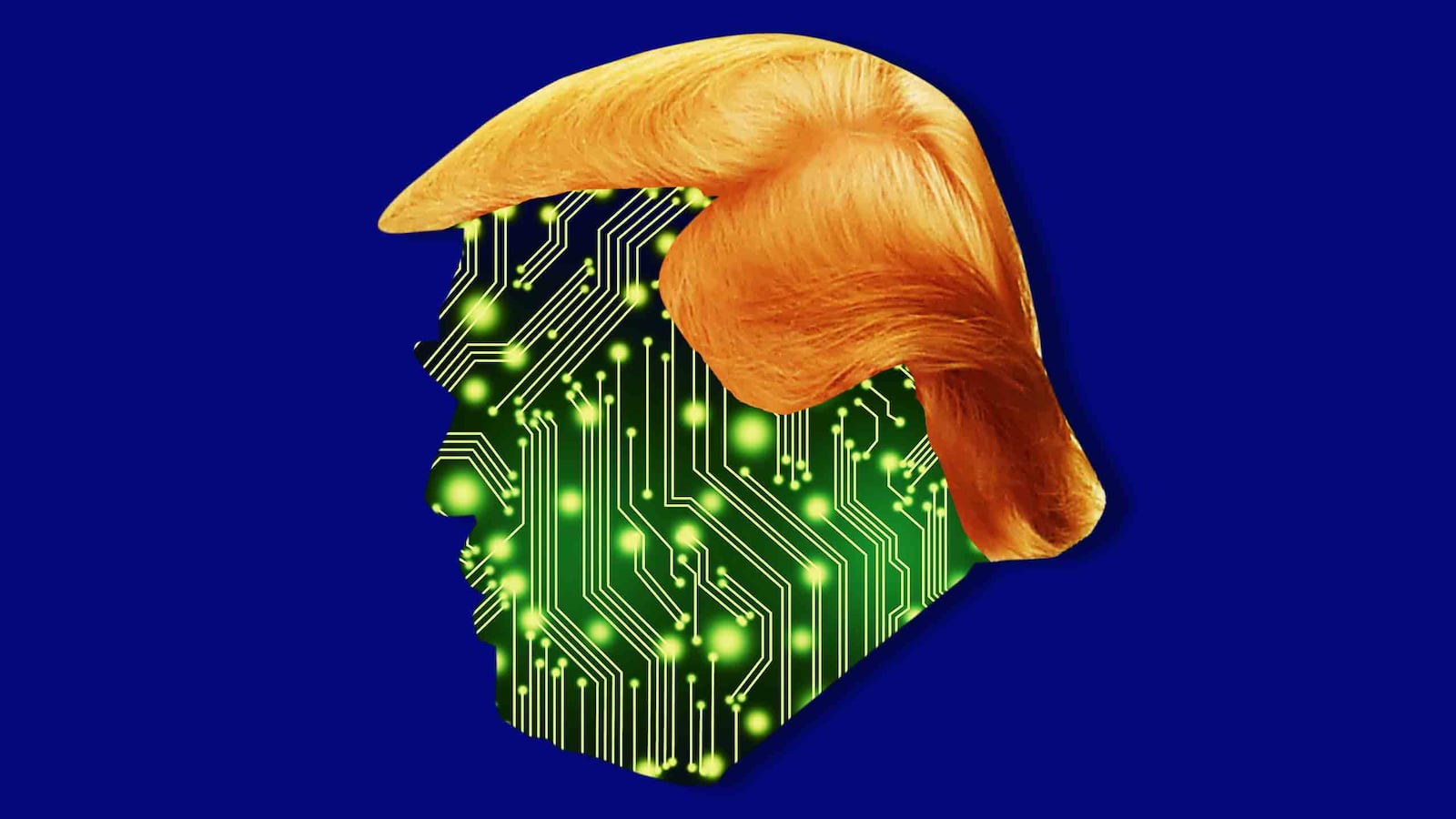Here’s a glaring sign of the turbulence of our political times: No sooner has the Tea Party been pronounced dead than we’re hearing of liberal or progressive Tea Parties on the rise. Fearing his primary challenger is setting a trend, Rep. Dan Lipinski, (D-IL), now warns of a “tea party of the left.” At least one movement analyst proclaims the arrival of a new “tea party of the pragmatic center-left.”
Democrats may take inspiration from the idea that the conservative Tea Party died a particularly ideological death, obsolesced by a pendulum swing in popular opinion toward Trumpian deficit spending on the right and social justice on the left. But if the relatively sudden extinction of the Don’t-Tread-On-Me brigades has a deeper, more serious root, political faith in a follow-on grassroots lurch leftward may be misplaced.
And, as it turns out, there’s reason to believe that the Tea Party fizzled out because it fell victim to the same inexorable force that’s plowing under so many institutions large and small: the internet.
Or, to be more precise, the logic and structure of online discourse. The biggest difference between Republican politics during the Tea Party era and Republican politics today isn’t ideological—although, to be sure, the difference is serious. Even more important is the vast conceptual and practical gulf that separates the very offline Tea Party routine of town halls and meetups from the very online movement that—with slight exaggeration—memed Donald Trump into the White House.
Yes, there were serious post-election efforts to take the Trump movement from social media to the town square. But these plans went terribly, predictably awry, hurting the movement and going viral only in the way of an epic self-own. And as for the mid-election rallies Trump himself loved so much, they took their cues more from the so-called fever swamps of online than they did from the old-fashioned constitutionalist cosplay of the citizen activists who defined the Tea Party.
Still, Democrats have largely convinced themselves that the Tea Party, like the Trump movement, was just a handy vehicle for channeling and organizing simple bigotry. Whether in a Washington wig or a Pepe mask, hate is hate, they might say. The recent Republican retreat from deficit hawkery seemed to ram that point home: When a black president busts the budget, he’s imperiling the Republic, but when an orange president does it, #MAGA!
This account, whatever its lures, misses out on some of what distinguishes a more technological and communications-driven approach. From that standpoint, the key to the Tea Party is that—from Day One, during Rick Santelli’s infamous rant—the movement was thoroughly TV-driven. Although it attracted some online involvement from people who’d go on to fuel the Trump-era digital right wing, the Tea Party didn’t spread like a meme or frustrate counterattack like trolls do because it wasn’t a digital beast. It played by pre-digital rules for pre-digital ends, like better citizenship, better representatives, and better policymaking.
Then the internet took over on the right. It unearthed and organized a new generation—one that didn’t want to use established means to right the wrongs of a systemic crisis. For the new online right, the goal was nearly the opposite: to infect the system and heighten the crisis, forcing the system to replicate behavior the system didn’t want to.
And, to the shock of TV people everywhere, it worked. But the TV-culture view of the digital right is still dangerously wrong. True, the new online right of the Trump era doesn’t care about balanced budgets. True, that’s because it rejects the politics of “responsibility” altogether. But why? Because if you’re on the right and you’re immersed in digital life, the way you approach politics as a whole has been, let’s say, “digitized.”
Online life doesn’t habituate us to transparency and responsibility in financial matters. What it does counsel is that everything continuously expands and can’t be corralled. It teaches that no one entity can encompass the whole. So why would the budget be any different? Online, violating expectations for laughs is almost a foundational principle. So why not an about-face on spending? If it goes viral, go with it. Chances are, you’ll have the momentum and the command of attention it takes to prevail in the aftermath.
For Democrats and Republicans alike, it’s worth carefully considering that the Tea Party is toast because the new right is digitally native, inspired, and organized by a definitive extent to the thought patterns of online life. Because if that experience can rip apart and reconfigure one major party, there’s no reason it can’t do the same to the other. Instead of a mirror-image Tea Party anywhere on the left of center, prognosticators should watch for the rise of an outsize new political force ready to triumph through its mastery of digital life.






